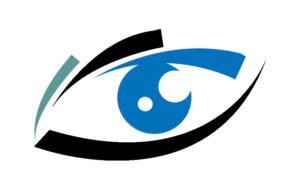Best Keratoconus In Thane
Keratoconus (KC) is an ectatic disorder that is not inflammatory and does not affect cornea where there is an increasing central cornea thinning, changing it from a dome to cone-shaped
Keratoconus can also occur when it is associated with certain diseases that cause it, for example Down syndrome as well as sleep apnea, asthma, Leber congenital amaurosis, and various connective tissue diseases like Ehlers Danlos syndrome, Marfan syndrome or brittle cornea syndrome.
What exactly are signs of Keratoconus?
Halos and glare around the lights.
Trouble seeing at night.
Eye irritation, headaches or migraines are often associated with pain in the eyes.
More sensitive towards bright lights.
Sudden worsening or clouding of vision
Double vision when you are looking only one eye
Things both far and near that appear blurry
Triple ghost image
Blurry vision

How can Keratoconus treated?
Refraction, keratometry topography, and slit-lamp (bio-microscopy) testing aids in diagnosing corneal keratoconus.
The visual acuity is diminished due to oblique or oblique astigmatism.
On Retinoscopy the scissor reflex can be observed
On Ophthalmoscopy the image of an Oil droplet-like image is observed
An an angulation of the lower eyelid in the inferior eye due to corneal protrusion is evident. This is known as Munson’s sign.

